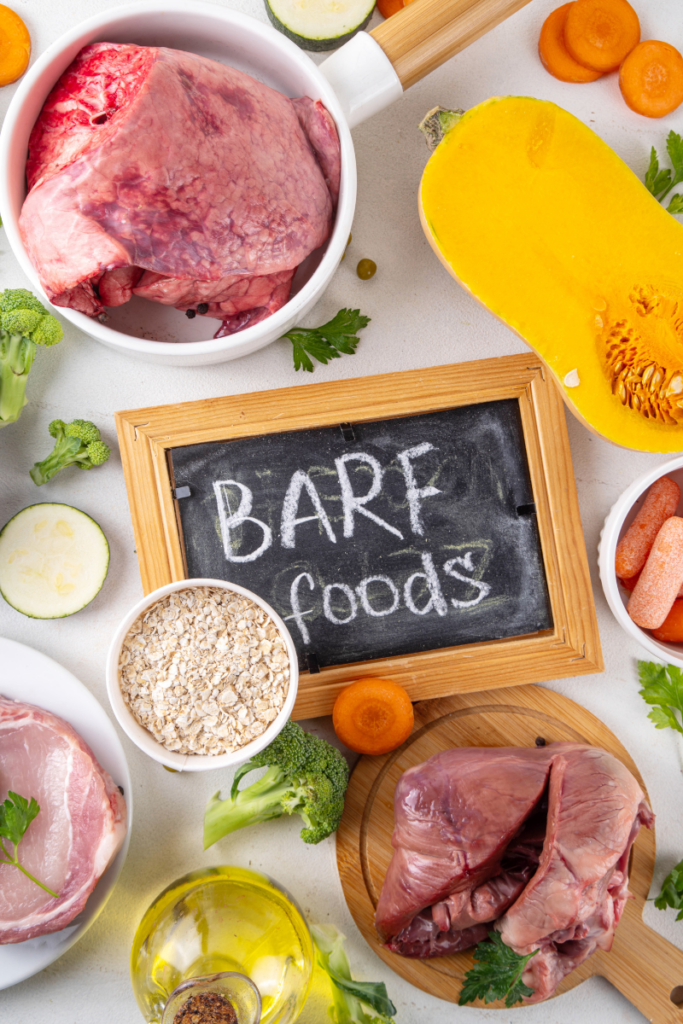Dog Nutrition Guide: Tailoring Diet to Life Stages for Optimal Health
As dog owners, we all want to ensure our furry friends lead healthy, happy lives. One of the most crucial aspects of canine health is nutrition. However, many pet parents are unaware that a dog’s dietary requirements change significantly throughout its life. From energetic puppyhood to the golden senior years, understanding and tailoring your dog’s diet to its life stage is essential for optimal health and longevity.
The Importance of Life Stage Nutrition for Dogs
Just as human nutritional needs evolve with age, so do those of our canine companions. Providing the right balance of nutrients at each stage of a dog’s life can prevent health issues, support growth and development, and maintain overall well-being. Let’s explore how to adapt your dog’s diet as they progress through different life stages.
Puppy Nutrition: Fueling Rapid Growth
Puppies have unique nutritional needs due to their rapid growth and development. Here’s what you need to know about puppy nutrition:
- High-Calorie Diets: Puppies require more calories per pound than adult dogs to support their fast growth rate.
- Protein-Rich Foods: A diet high in quality protein is crucial for muscle development and overall growth.
- Essential Fatty Acids: DHA, an omega-3 fatty acid, is vital for brain and eye development in puppies.
- Frequent Meals: Smaller, more frequent meals help maintain energy levels and aid digestion

Adult Dog Nutrition: Maintaining Health and Vitality
As dogs reach adulthood, their nutritional needs shift towards maintenance rather than growth. Consider these factors for adult dog nutrition:
- Balanced Diets: Adult dogs need a well-balanced diet with appropriate levels of protein, fats, and carbohydrates.
- Weight Management: Proper portion control is essential to prevent obesity, a common issue in adult dogs.
- Activity Level Considerations: Highly active dogs may require more calories than their sedentary counterparts.
- Breed-Specific Needs: Some breeds may have specific nutritional requirements or sensitivities.

Senior Dog Nutrition: Supporting Aging Bodies
As dogs enter their senior years, typically around 7-10 years old depending on the breed, their nutritional needs change once again:
- Lower Calorie Intake: Senior dogs often have slower metabolisms and may require fewer calories to maintain a healthy weight.
- Joint Health Support: Glucosamine and chondroitin supplements can help maintain joint health in aging dogs.
- Digestive Health: Easily digestible foods and added fiber can support digestive function in senior dogs.
- Antioxidant-Rich Diets: Foods high in antioxidants can help combat the effects of aging and support cognitive function.

Transitioning Between Life Stages

Knowing when and how to transition your dog’s diet between life stages is crucial:
- Puppy to Adult: Generally, switch from puppy to adult food around 12 months for small breeds, and 18-24 months for large breeds.
- Adult to Senior: Begin transitioning to senior dog food when your dog shows signs of aging, typically around 7 years for most breeds.
- Gradual Changes: Always introduce new foods gradually over 7-10 days to avoid digestive upset.
Tailoring Nutrition to Individual Needs
While understanding general life stage nutrition is important, it’s essential to remember that each dog is unique. Factors such as breed, size, activity level, and health conditions can all influence nutritional needs. Therefore, it’s advisable to consult with your veterinarian to create a tailored nutrition plan that’s perfect for your furry friend at every stage of life.
By adapting your dog’s diet to its changing nutritional needs throughout its life stages, you’re providing the foundation for a healthy, happy, and long life. Remember, proper nutrition is not just about filling the food bowl – it’s about filling it with the right nutrients at the right time.



